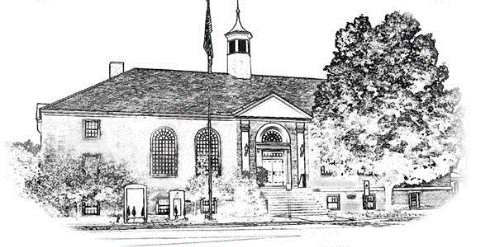Making Peace – Tips on Managing Conflict
Irritated? Frustrated? Angry? Ready To Explode?
You’re not alone. Whether it’s an argument with a friend, aggravation because a driver cuts in front of you, or a disagreement about the best way to do a job – conflict is part of everyday life. Conflict produces stress, hurts friendships, and can cause injury and death. We can’t always avoid conflict, but we can learn to manage it without violence. That way, we use conflict to improve our lives and to learn from past mistakes.
What skills are needed to manage personal conflict?
Understanding your own feelings about conflict. This means recognizing your triggers, meaning words or actions that immediately provoke an emotional response, like anger. It could be a facial expression, a tone of voice, a pointing finger, a certain phrase. Once you know your “triggers,” you can better control your emotions.
Active listening. Go beyond hearing just words; try to understand what the other person is saying. Listen carefully, instead of thinking about what you’re going to say next. Active listening requires concentration and body language that says you are paying attention.
Generating options for resolving a conflict. Many people can think of only two ways to manage conflict – fighting or avoiding the problem. Get the facts straight, brainstorm all ideas that might help resolve the argument, and discuss the pros, cons, and consequences.
Moving away from confrontation and toward agreement
Look at your response to conflict. If your style isn’t working – you’re left with raging emotions that lead to more problems – try to change.
State your needs and define the problem. Talk about the issues without insulting or blaming the other person. Don’t state your position; that’s simply your solution to the problem. Take a hard look at what is said (position) with what is really meant (needs).
Be flexible and open-minded. Together, discuss various ways of meeting needs or solving the problem.
Decide who will be responsible for specific actions after reaching agreement on a plan.
If you can’t work it out – get help.
Try mediation. Courts, schools, and businesses are turning more and more to mediation to help resolve disputes. Mediators do not make decisions for people – they help people make their own decisions.
In mediation sessions, a neutral third person (or persons) helps the parties in conflict resolve their problem. Mediators should be detached and unbiased. They may be professionals or volunteers who have undergone intensive training. Mediators do not dictate a settlement; they encourage dialog, provide guidance, and help the parties define areas of agreement and disagreement. A mediation session is confidential.
Try arbitration. In arbitration, a neutral party acts as a judge. Disputing parties agree on an arbitrator who then hears evidence from all sides, asks questions, and hands down a decision. Usually, the arbitrator’s decision is final. Some arbitration programs use a panel of arbitrators who make decisions by majority vote.
Try an ombudsman. An ombudsman is hired by and works within an institution. The ombudsman’s job is to investigate complaints from the public against the institution, make recommendations, and try to resolve problems. He or she has no enforcement power, but must use reason and persuasion to convince management that certain policies or practices should be changed. Newspapers, television and radio stations, government agencies, health care systems, and educational systems often use ombudsmen.
Tips for Making Peace
- Choose a convenient time
- Plan ahead
- Talk directly
- Don’t blame or name-call
- Give information
- Listen
- Show that you are listening
- Talk it through
- Work on a solution
- Follow through
Where to Find Help
- Schools, colleges, universities
- Local or state consumer protection offices
- Community or neighborhood dispute resolution centers
- Local government – district attorney, small claims court, family services
- Better Business Bureau
- Private organizations listed in the telephone directory’s Yellow Pages under arbitration or mediation services.
- Law school legal clinics
Crime Prevention Tips From:
National Crime Prevention Council
1700 K Street, NW, Second Floor
Washington, DC 20006-3817



















